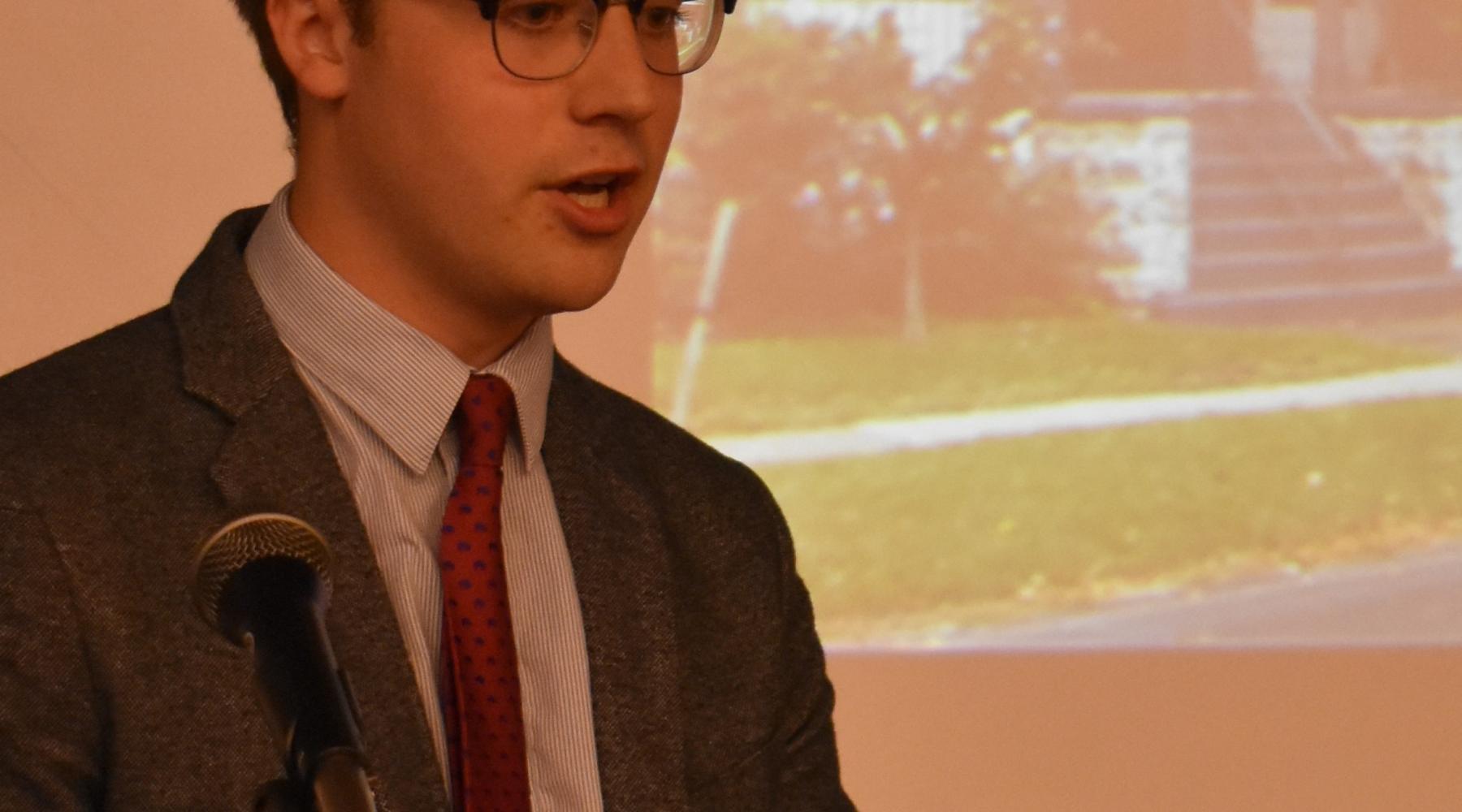
Hope and Despair in the Queen City
“Woe, Woe, Buffalo” opens up an October 2007 article in The Economist. The opinion piece uses arguments from Harvard economist Edward Glaeser to make the case that the city is beyond the point of saving, and the government should stop trying.
…there is now no great advantage to being in Buffalo. It is cold, and the city has developed no compensating new strengths. So there is no real point in trying to keep capital, both financial and human, from fleeing to more favorable locales and warmer climes. The impulse to resuscitate a fading metropolis through expensive planning and projects is fundamentally misguided…
Growing up in Western New York, this perception of Buffalo felt inescapable. Thankfully, like much of the analysis from The Economist this too was short sighted and misinformed.
Hi, my name is Victor Rieman. This summer I worked with the Western New York Law Center. Being from WNY and getting to take part in this fellowship, allowing me to see this city from so many unique perspectives and voices, was an amazing opportunity. It is an exciting time to be in Buffalo, as even the most humble and wary locals will now stubbornly admit this, after decades of false glimmers of hope from silver bullet solutions. Newly settled immigrants and refugees are making long abandoned neighborhoods once again bustlingly with life. As I can personally attest to, Buffalo’s melting pot yet relatively affordable cost of living has lead to a burgeoning food scene bringing exotic dishes and flavors to this unpretentious steelyard city. Projects like the new medical campus and Canalside have successfully made the city more attractive to young professionals.
This newfound success of the city does not come without challenges. Much of this success and development has been concentrated into specific blocks of the city. Systematic oppression and socio-economic struggles that contributed to our downfall a generation ago still haunt this city. For such a small organization, the Western New York Law Center does not shy away from taking these issues head on. At the Law Center, I was lucky enough to witness first hand much of this work. The WNYLC is a pro-bono legal nonprofit that represents people in civil matters. Most Law Center cases revolved around consumer debt and foreclosure defense. Buffalo’s housing market has historically been a tail of two cities, and the divide has only grown over time. In some neighborhoods, gentrification is making living in the houses people having inhabited for decades untenable. Mere blocks away, rock bottom property values means trying to invest into your home just isn’t worth it. The streets are dotted with homes stuck in the foreclosure process or long abandoned by either the resident or the bank. These “Zombie Homes” make the neighborhood less attractive to live in, harbor crime, and further depress property values.
I found the work at the Law Center especially meaningful because it has been tireless and quite effective at combating this issue around zombie homes. The Law Center has prevented over 1,300 foreclosures from occurring, saving thousands from homelessness. It has an effective working relationship with many elected officials, helping them to adjust policy to be more equitable for low income residents.
As the city of good neighbors looks to the future, it must be aware of the mistakes that crippled it historically and how they continue to this day. Buffalo cannot fully succeed until it is willing to ensure that residents of all backgrounds and income levels are welcomed, and that every neighborhood is allowed to thrive.
